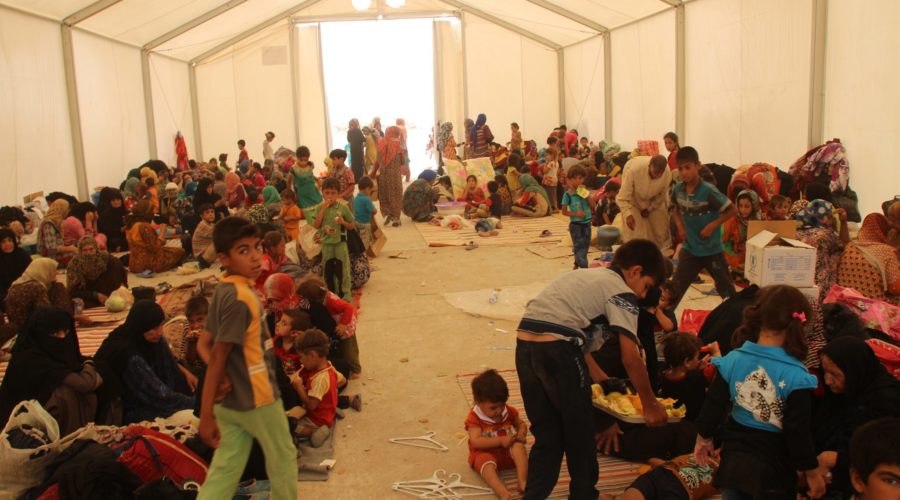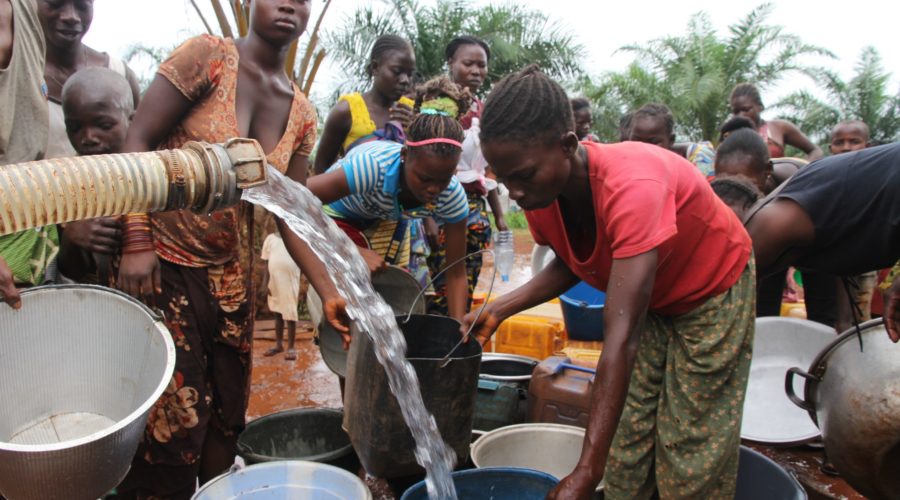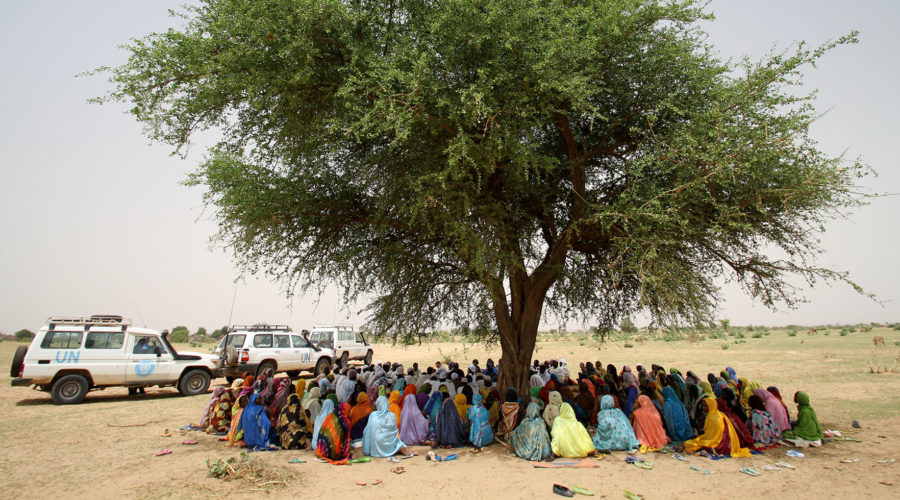When the STAIT mission occurred in March 2015, the country faced recurring epidemics (cholera, measles, and malaria), as well as climatic fluctuations that caused recurrent droughts and localised floods. An internal armed conflict also displaced more than 300,000 people from their homes.
The STAIT was invited to Niger by the Humanitarian Coordinator (HC) to look at a number of areas:
- Leadership and coordination
- Accountability to affected people (AAP)
- The connection between government and humanitarian actors
- Linking relief and development
- Funding and contingency planning
The mission was led by the STAIT with representatives from the Global Food Security Cluster, the International Council of Voluntary Agencies, OCHA, UNHCR, and UNDP. They conducted meetings, workshops and interviews with more than one hundred people from the HCT, clusters, donors, and national counter-parts. The team visited Tahoua, Zinder and Niamey, where they met with front-line humanitarian practitioners and people directly affected by the crisis.
Support was given to the HCT to develop an action plan based on the main issues and good practices identified during the mission. The plan sets out a series of actions including:
- Establishing an AAP framework.
- Gradually transitioning out of the humanitarian response structures and development of longer term approaches to address the causes of violence and recurrent disasters.
- Movement towards long-term planning and funding modalities, as well as prioritising medium and longer-term engagement with authorities and communities.
- Development of a transition plan focused on building the capacity of national actors, local authorities and community groups, as well as creating a larger role for development organisations.
Follow Up:As a result of the STAIT mission, there were a number of follow-up missions to support the HC and HCT move forward with the implementation of the action plan. Notable missions focused on coordination (OCHA), AAP (UN/NGO support), and relief to recovery and development (UNDP).





